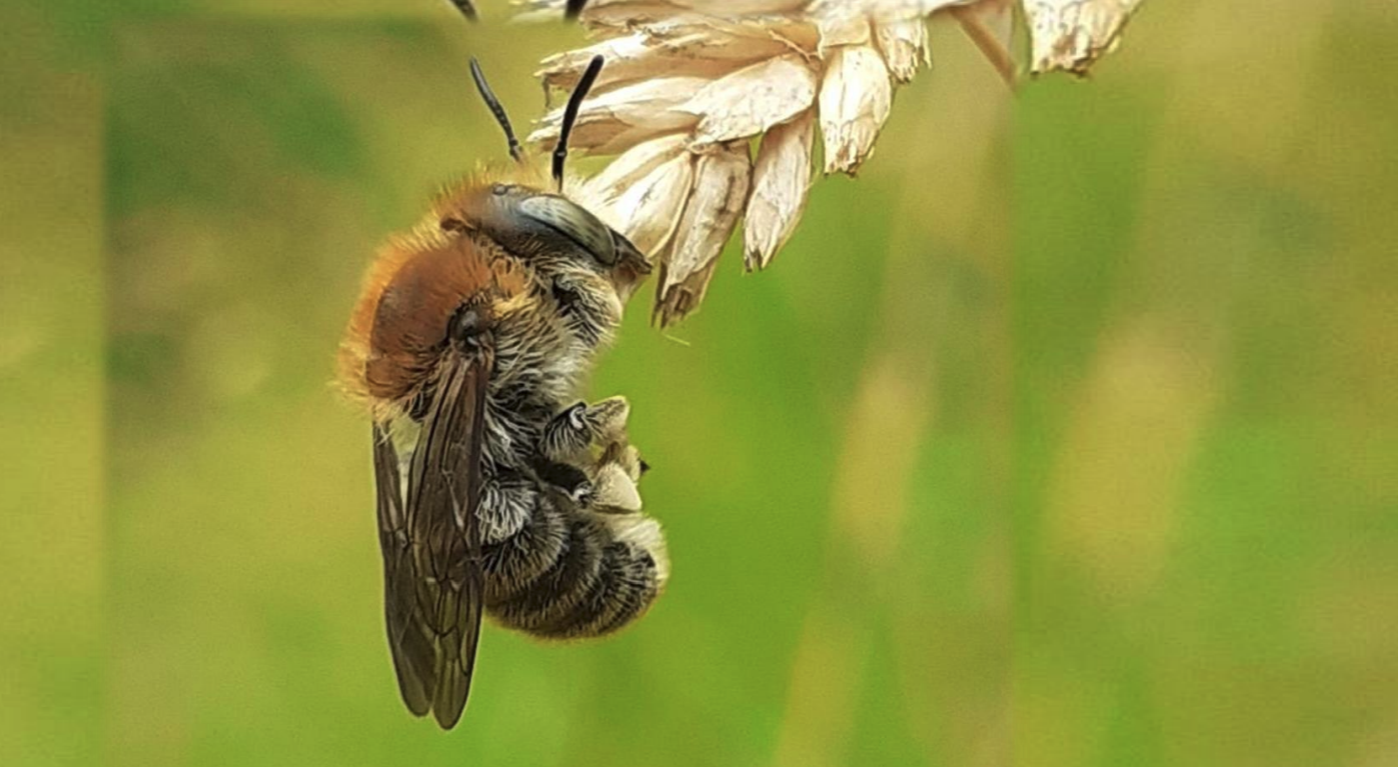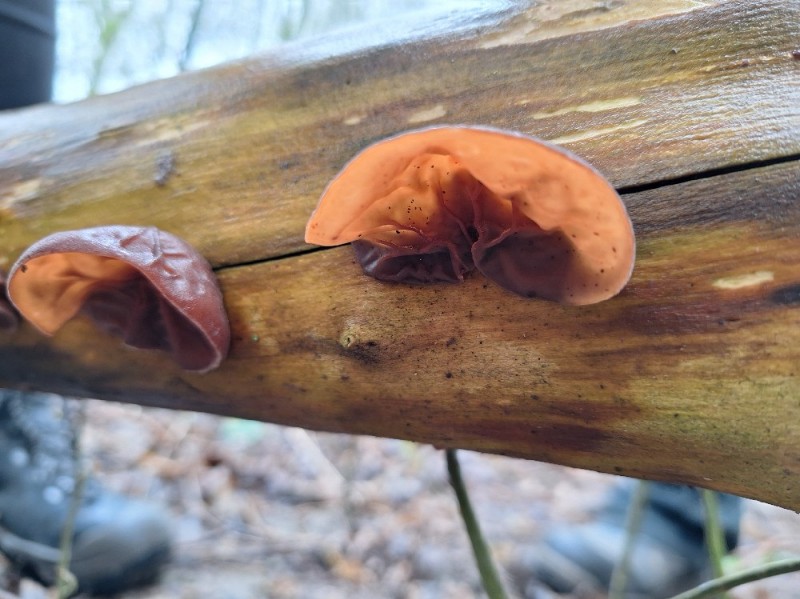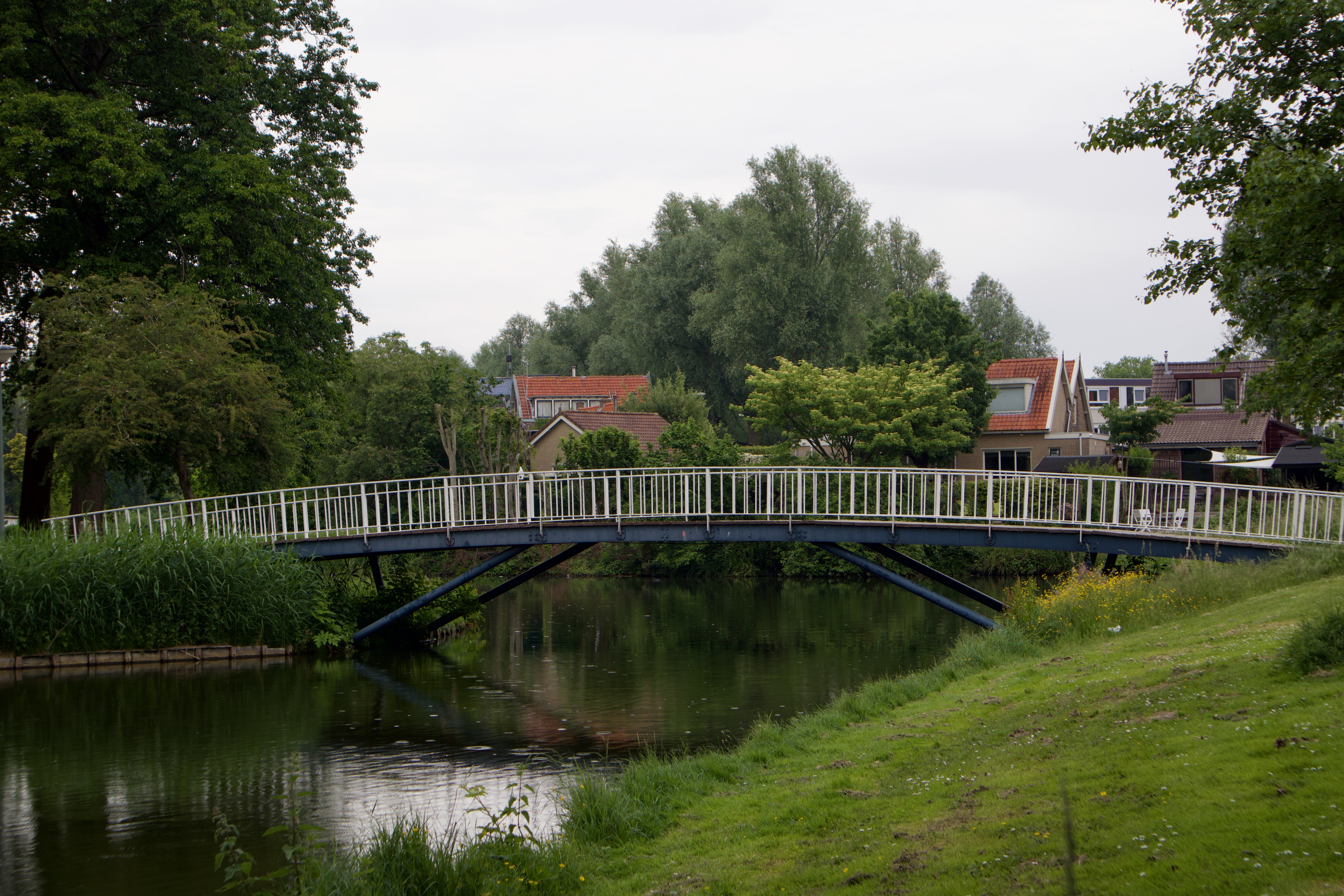Dordrecht, a Dutch city with a rich historical background and vibrant natural spaces, is on an ambitious mission to document 10,000 species within its boundaries. This initiative, driven by a recognition of biodiversity’s importance and the urgent need to understand it better, aims to shine a light on the hidden natural treasures of the city.
By: Dana Huibers, Christine Huibers (City of Dordrecht) & Caitlin Ball (Bax)
The Snoring Bee
During a recent presentation, Dordrecht’s city ecologist, Sjoerd-Dirk Fiaschi-Van der Est, shared a story about a bee he found in the Arden mountains of Belgium. He observed this wax bee holding onto a blade of grass with its jaws while sleeping vertically in the air and producing a light buzzing snore - something he didn’t even know bees could do. This remarkable moment symbolises the many unknown aspects of biodiversity, emphasising the need for initiatives like Dordrecht's 10,000 species project to learn about the diverse forms of life that coexist with us.

The Complexity of Biodiversity
Biodiversity encompasses more than just the variety of species; it includes the behaviours, distributions, interactions, and habitats of organisms. The initiative in Dordrecht aims to explore all these facets by documenting 10,000 species and posing the fundamental question: what role does biodiversity play in our ecosystem?
The historical data on mean species abundance from 1700 to 2010 highlights a concerning trend in the Netherlands, showing a significant decline in biodiversity that puts the country behind Europe and the world (Biodiversiteitsverlies in Nederland, Europa En De Wereld, 1700-2010, 2013). This project seeks to reverse this trend by fostering a deeper understanding and appreciation of local wildlife.
Mapping Dordrecht's Biodiversity
Preliminary investigations reveal significant gaps in our knowledge of Dordrecht's biodiversity. Some areas have not been thoroughly explored, while others, like popular birdwatching spots, show a higher concentration of recorded species. This uneven distribution underscores the need for comprehensive exploration across the entire Isle of Dordrecht.
The impact of climate change is evident in Dordrecht, with extreme weather conditions affecting both plant and animal life. Grasslands dry up, shrubs perish, and heavy rainfall can be deadly for animals like honey bees. These challenges make the documentation and preservation of biodiversity even more critical.
A Comprehensive Approach
The 10,000 species initiative is unique not only in its scope but also in its methodology. Every square metre of the Isle of Dordrecht will be investigated, including urban, rural, and natural areas. This search will cover both above and below ground, focusing on birds, plants, soil organisms, bacteria, and fungi. As soil plays such an important role in maintaining a healthy ecosystem, the team will look to document half of the 10,000 species there. Collaboration with local governments, city boards, water board associations, and green volunteers is essential to the success of this project.
One of the initiative's highlights is the use of BioBlitz events, which encourage citizens to participate in data collection. Over 1,380 participants have already joined the effort, contributing to nearly 54,800 observations. This community-driven approach not only gathers valuable data but also fosters a deeper connection between residents and their local environment.

Engaging the Community
The success of the 10,000 species initiative relies on broad community involvement. BioBlitz events attract diverse participants, from serious ecologists to local enthusiasts. This inclusive approach ensures that a wide range of observations is collected, enhancing the overall quality of the data.
The project is being celebrated during the "Weekend of Nature in Dordrecht," an event taking place periodically throughout 2024 where the collective efforts will be showcased. The initiative also welcomes international contributions, allowing visitors to participate and enrich the dataset.
Looking Ahead
As the year progresses, the goal is to document 10,000 species. Even if this ambitious target is not fully met, engaging just 1% of Dordrecht's population in this initiative will be a significant achievement. The data collected will not only enhance our understanding of local biodiversity but also inspire further conservation efforts.
Dordrecht's 10,000 species initiative is a testament to the city's commitment to preserving and understanding its natural heritage. By uncovering the hidden wonders of biodiversity, Dordrecht is paving the way for a more informed and environmentally conscious future.

